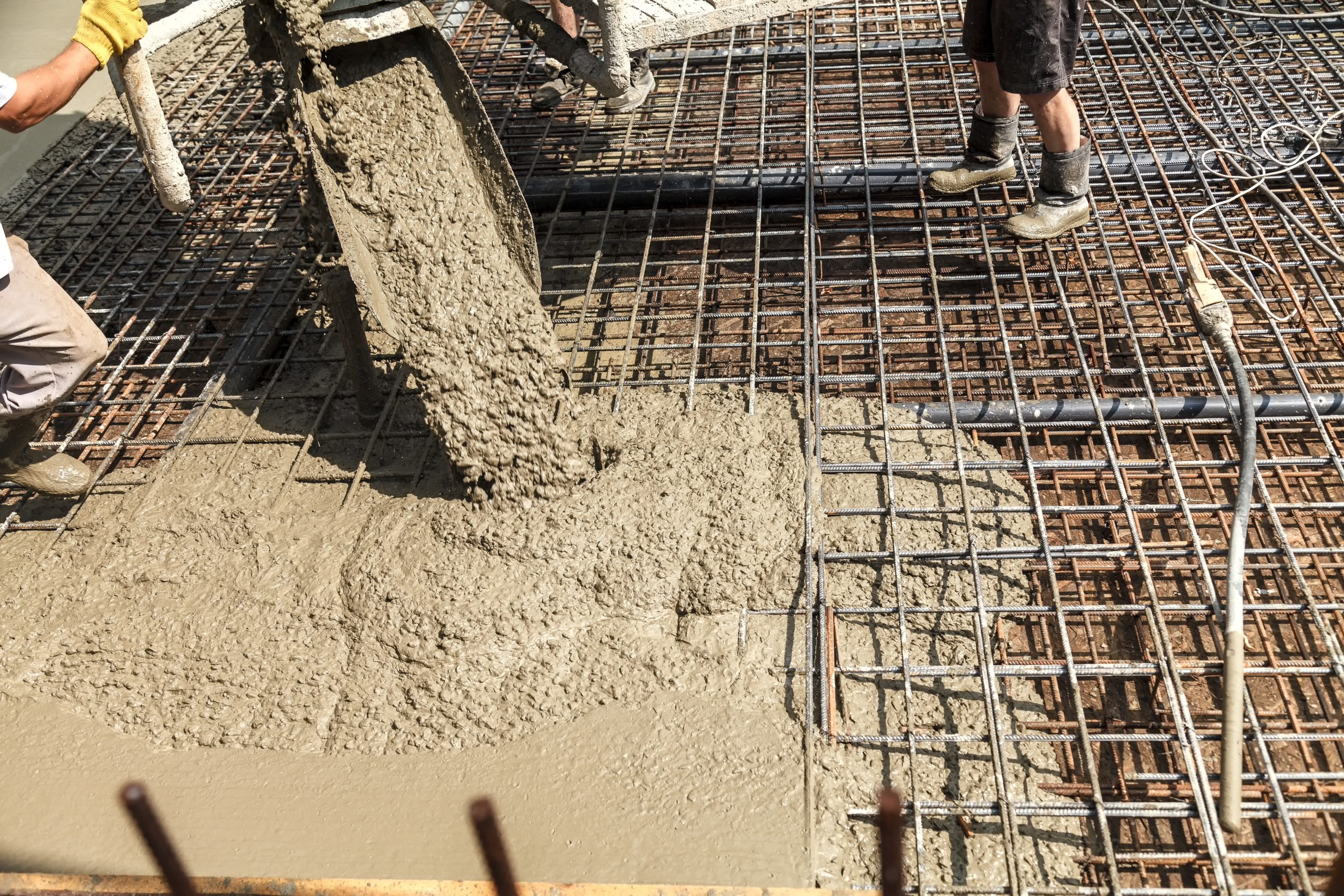
In areas where the soil is mainly made up of expansive clay, slab foundations are very typical. They are also cost-effective, which is why they are popular in tract housing. The cost of a home constructed on a slab foundation is usually lower. Houses constructed on slab foundations have various advantages and disadvantages, which will be tackled in this article.
Are you planning to create your dream house, retirement or empty nester home, or a starter home if you start on your own, maybe with a young family? One of the first choices you will have to make is what kind of base to use for your home. The key load-bearing component of a home's construction is the base, and its footings must stretch below ground to a depth more significant than the regional frost line. There are three types of foundations used in residential construction:
The foundation of the house has three main tasks, regardless of which kind you choose:
It's important to remember that foundations last a lifetime. As a result, we'll go over the advantages and disadvantages of a slab foundation so you can determine whether or not it's right for you.
Advantages
A slab base can be constructed in a short period. In reality, once the preparation work such as compacting the soil, spreading the gravel, and so on is done, the concrete foundation can be poured in just a few hours. Keep in mind that, while the initial pouring takes a few hours, the concrete will need to dry for a few days due to its thickness. Nonetheless, it takes less time to complete than any other form of base.
If you're on a tight budget, a slab base is a good choice because it's typically the least expensive option. A monolithic slab base will cost around $4–$5 per square foot in 2020. On the other hand, a crawl space costs about $7 per square foot, while a basement costs around $18 per square foot. As a result, you can potentially save 30% to 70% on the cost of your foundation construction. A slab foundation not only saves you money in the short term by lowering your energy bills, but it also saves you money in the long run by lowering your energy bills. Since there is no room between the ground and the building, you won't have to pay to heat or excellent "wasted space" as long as the slab is well insulated.
Builders also see slab foundations as much more cost-effective in the long run because they need little or no maintenance. Because of their essential nature, there isn't anything that can go wrong. Concrete slabs, if appropriately installed, which is usually the case, would last at least 50 years, if not much longer. In the meantime, aside from periodic inspections to ensure there are no holes, homeowners do not have to do anything.
Disadvantages
The biggest drawback of a concrete pad is that it is difficult to deal with. There are at least two cases in which you will be required to make an expensive repair.
There's a Problem with the Utilities
As previously mentioned, plumbing and electrical conduit are located underneath (or within) the slab when constructing a slab base. If something goes wrong, the repairman will have to cut through the slab to reach the issue, which will result in a higher bill. Enhancements in the latest days, such as the implementation of cross-linked polyethylene plumbing supply lines, have reduced the need for such dramatic repairs.
There's a Problem with the Foundation
Slab foundations will break on their own. While this is an uncommon occurrence, it does occur. And if it does happen, it will almost certainly cost thousands of dollars to repair – not to mention a great deal of inconvenience.
As previously mentioned, a slab foundation may last for at least 50 years with almost no repairs or renovations; however, when you are selling a house with an older monolithic slab foundation – for example, one that lacks newer Pex plumbing and the like – buyers could perceive the property negatively because they think costly repairs are inevitable.
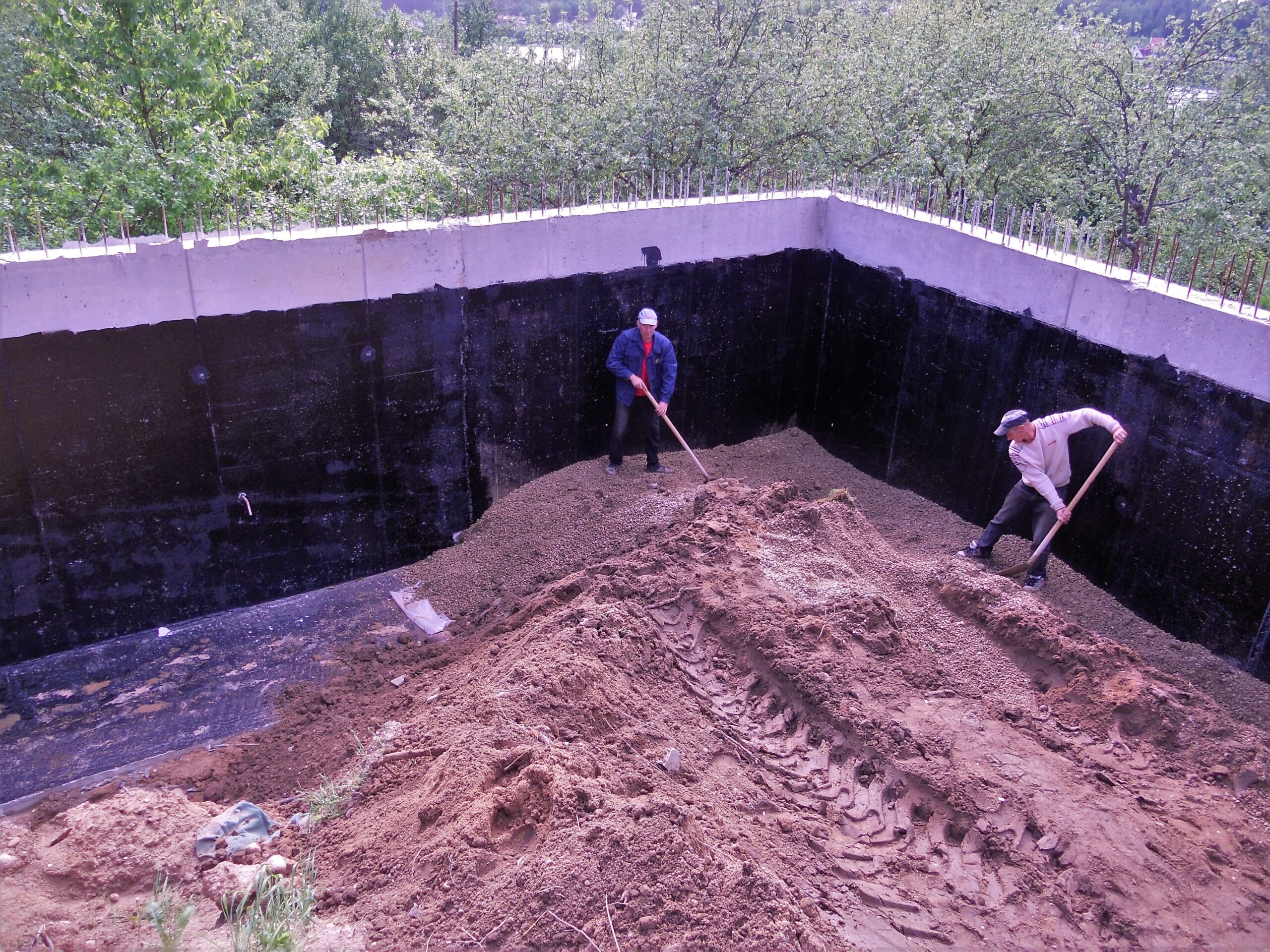
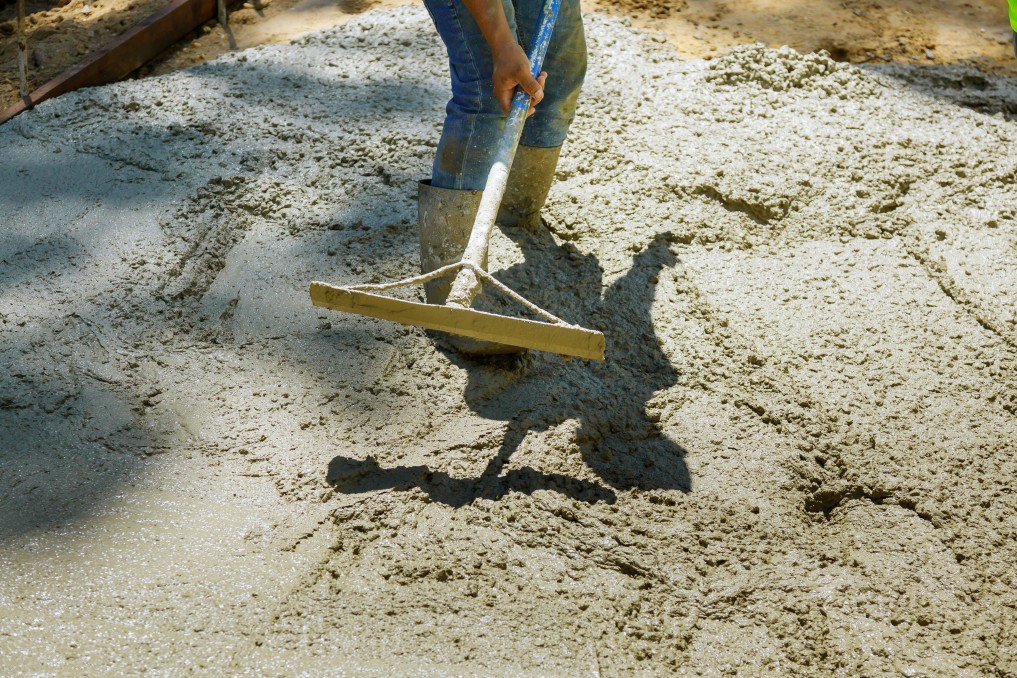
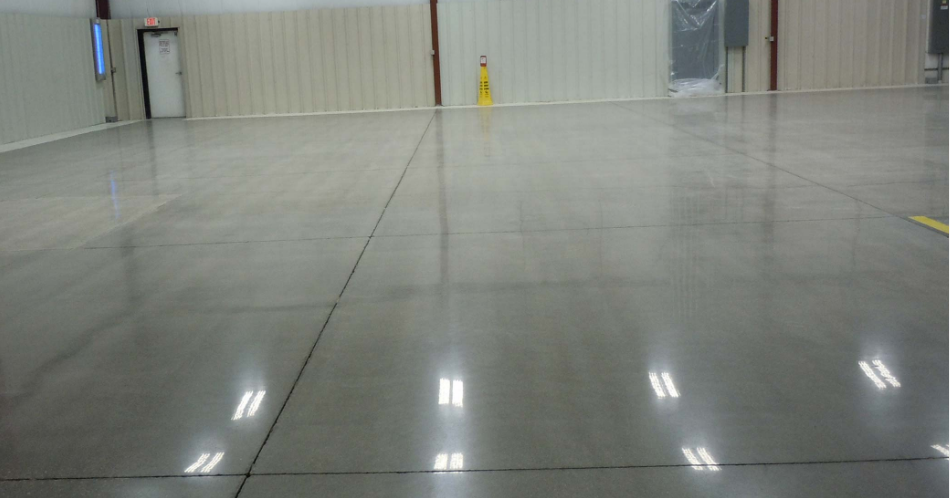
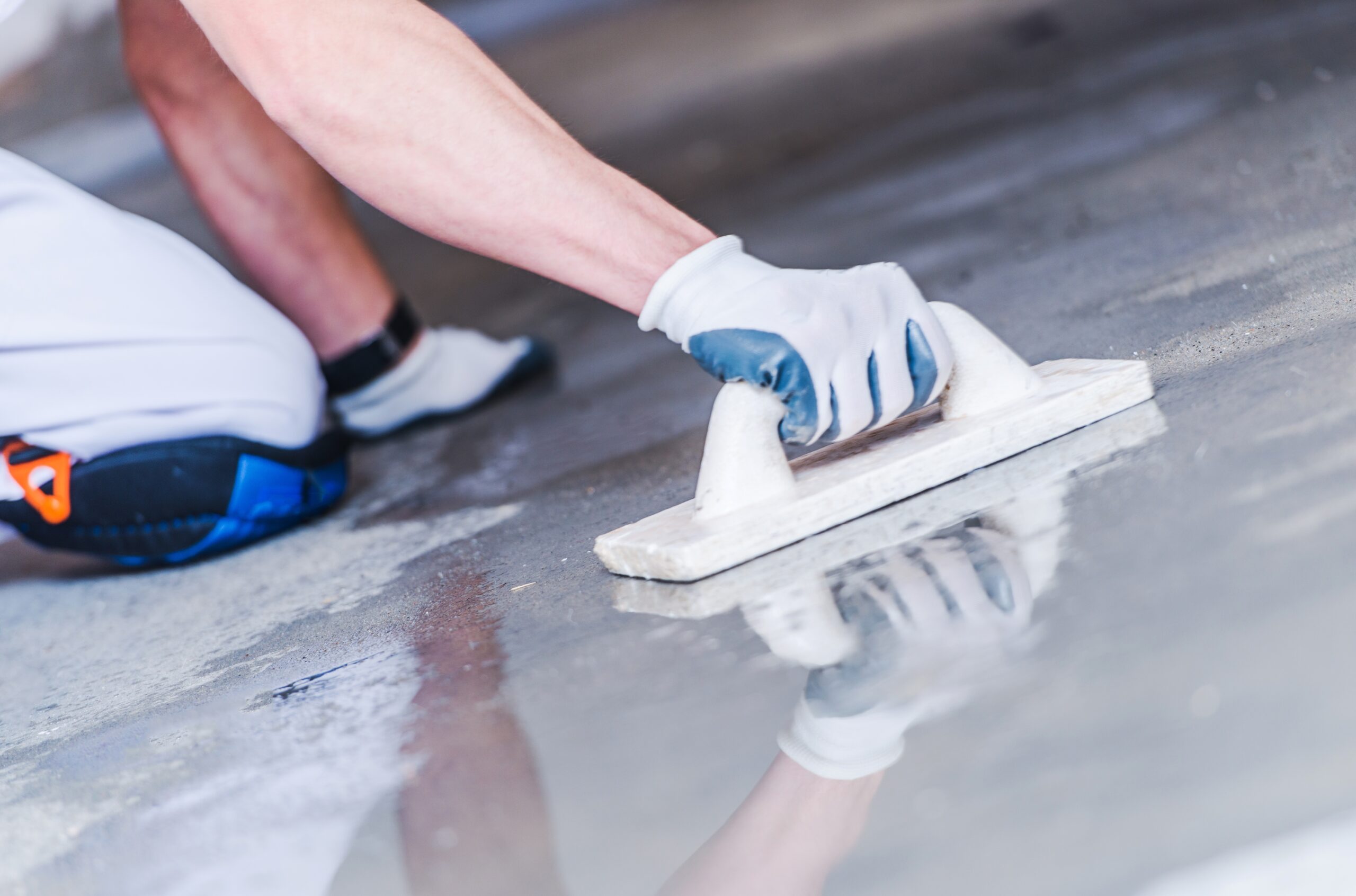
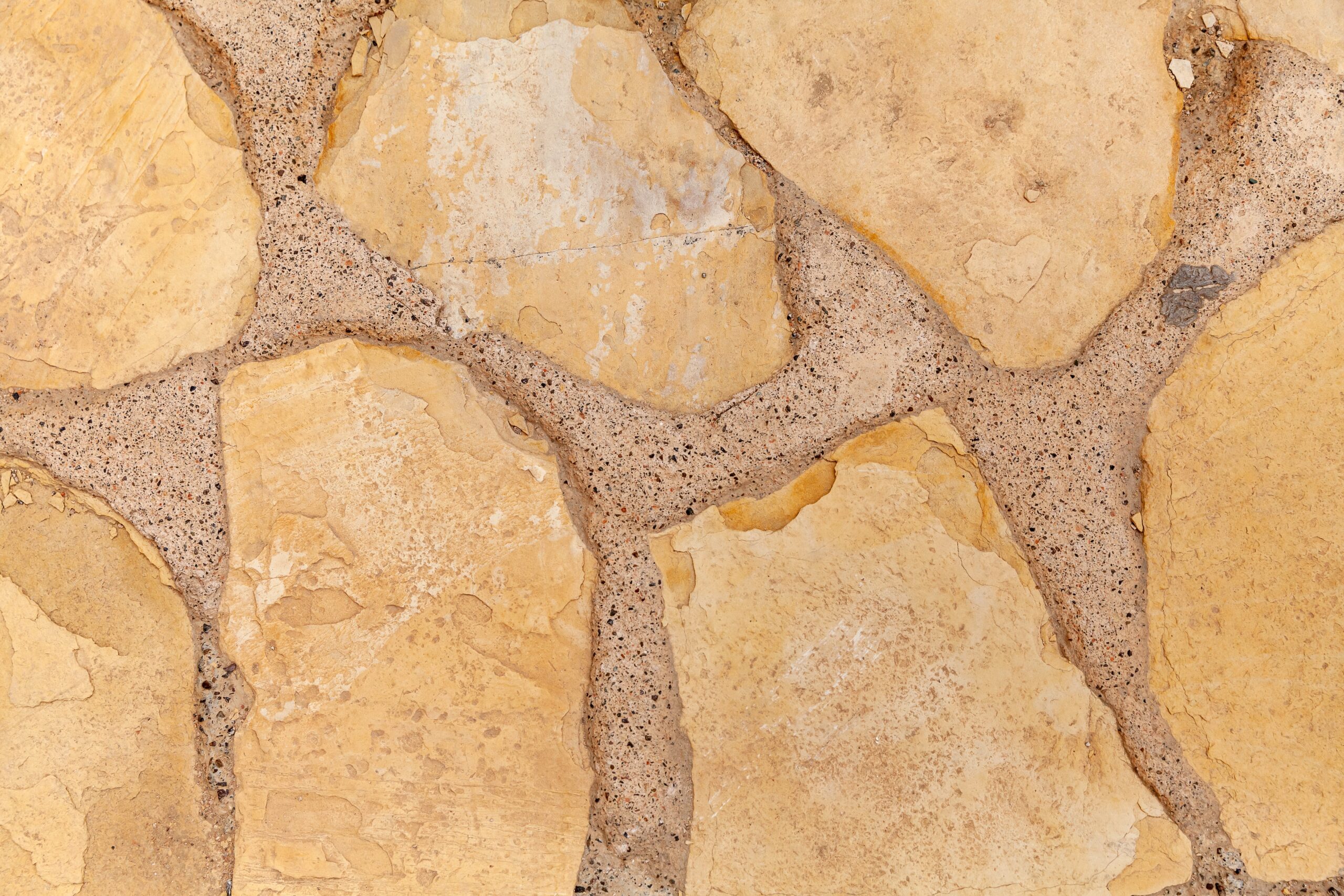
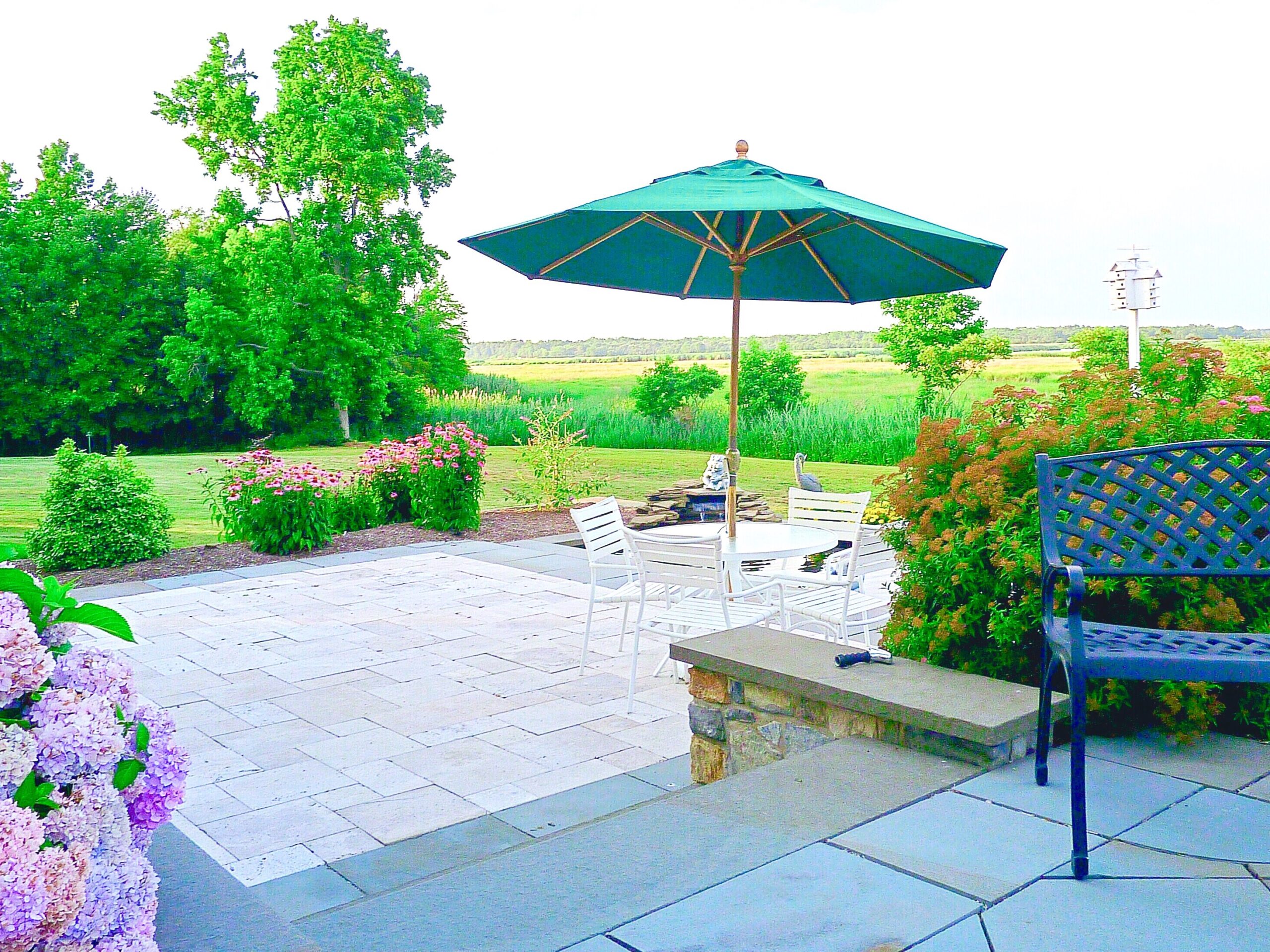
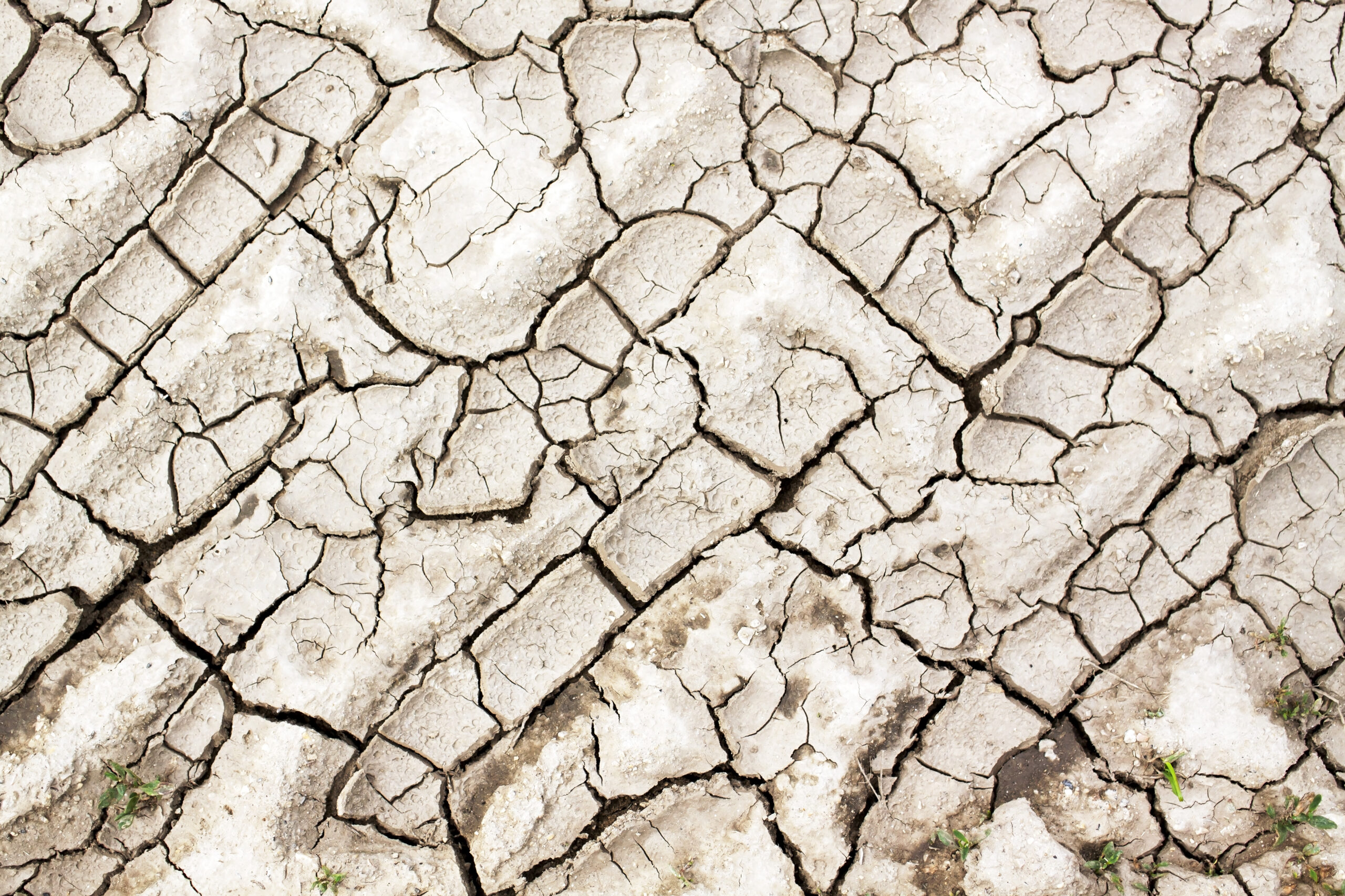


Brothers Concrete Contractors
© Copyright 2020 -All Rights Reserved by BizBitz